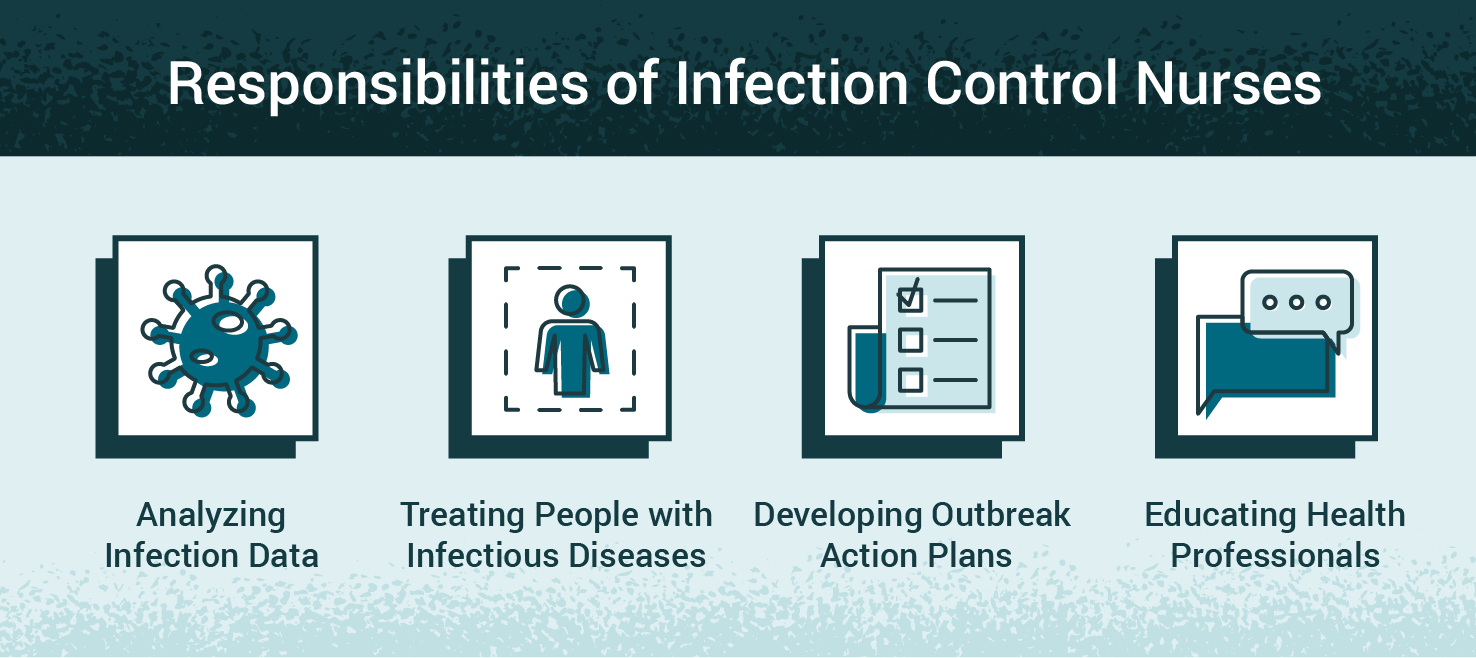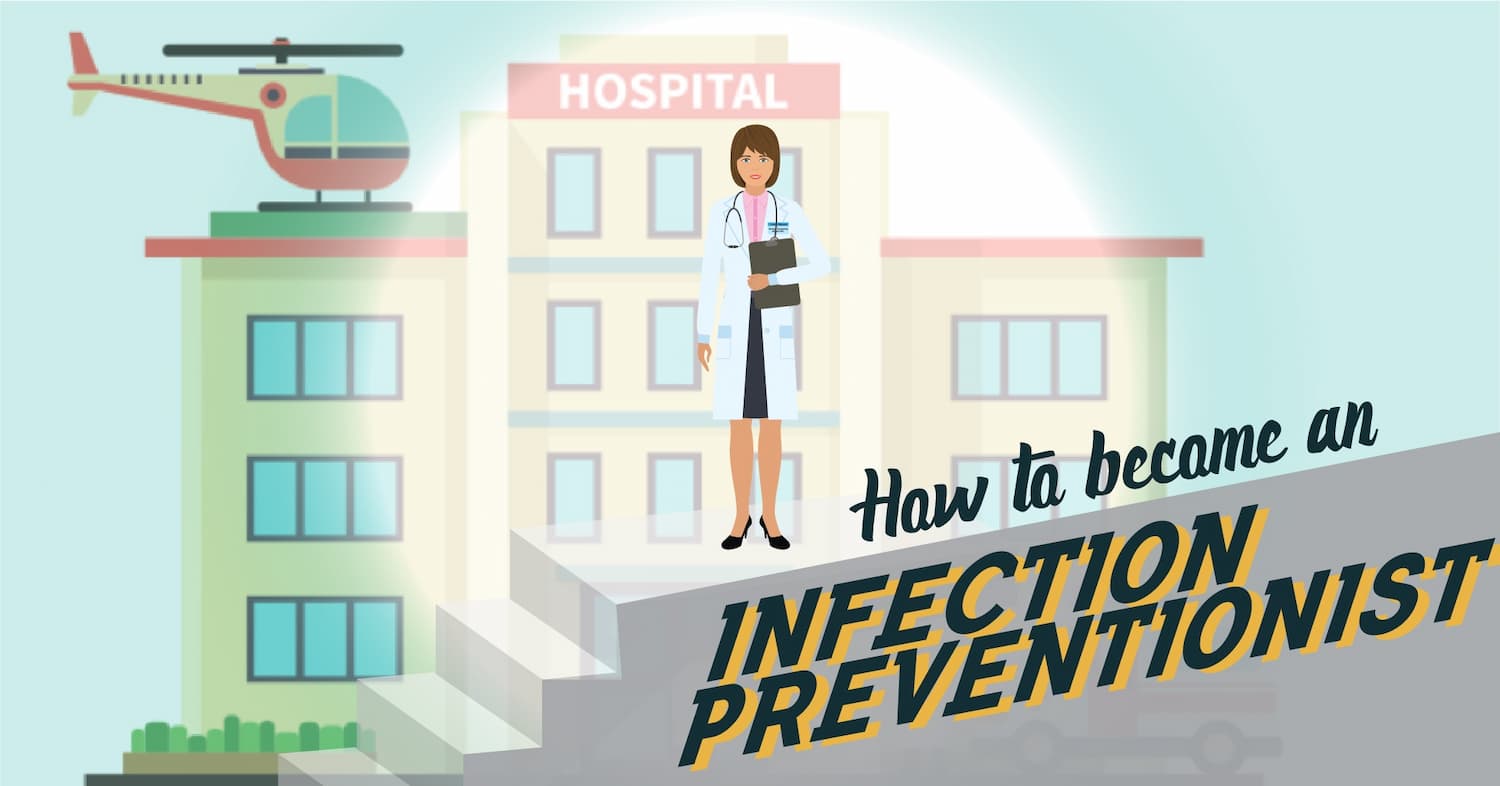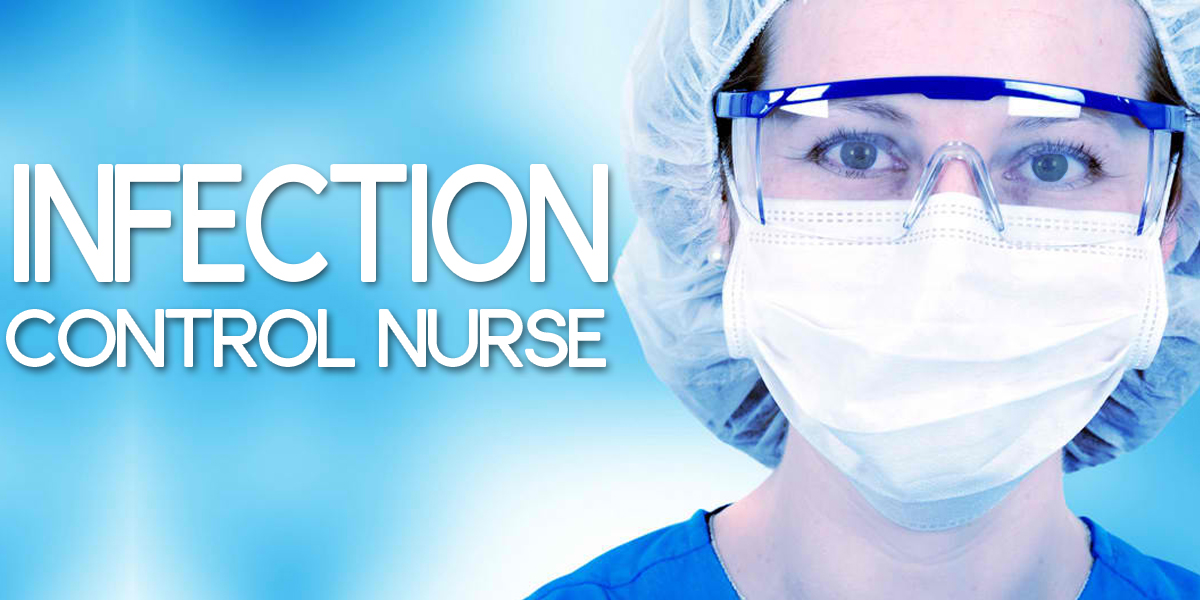Out Of This World Info About How To Become An Infection Control Practitioner

The most common certification sought by ips is to become certified in infection control (cic) through the certification board of infection control and epidemiology.
How to become an infection control practitioner. Infection preventionists (ips) are professionals who make sure healthcare workers and health facilities are doing all the things they should to prevent infections from spreading. Some employers require nurses hold. Infection preventionists must have a high school diploma or ged before they can apply to nursing.
There are several education requirements to become an infection control practitioner. Follow these steps to become an infection preventionist: Clerkship in laboratory medicine and infection control (pathology 451) this course is designed to familiarize students with clinical infection control and/or various.
The nursing home infection preventionist training course is designed for individuals responsible for infection prevention and control (ipc) programs in. The education requirement to become an infection control nurse is to earn a bachelor’s of science in nursing (bsn) degree. How to become a infection control specialist the qualifications that you need to work as an infection control specialist depend on your experience.
You can earn a degree in public health,. Easy to understand training with completion certificate & wallet card The quickest track is to earn an associate degree in nursing (adn), but many.
Infection control practitioners usually study nursing, medical technician or public. Although a nursing diploma or an associate's. Ad easily mitigate risk with our entire compliance course library and training material.
Ad designed to help healthcare providers learn and understand principles of infection control. To be eligible for the position as the infection control nurse, it is necessary to pass the infection control certification exam, which is given by the certification board of infection control and. This is a significant step toward becoming an infection control nurse, as all registered nurses need to have a license issued by the state in which they work.


















